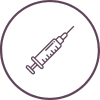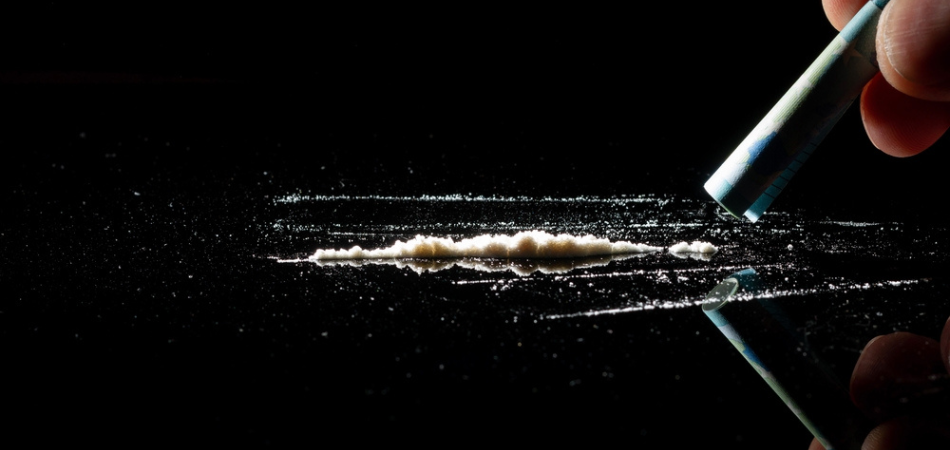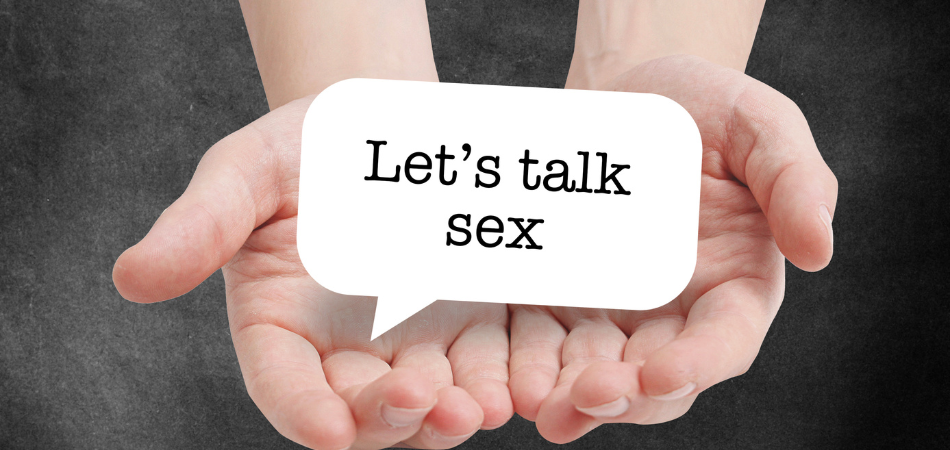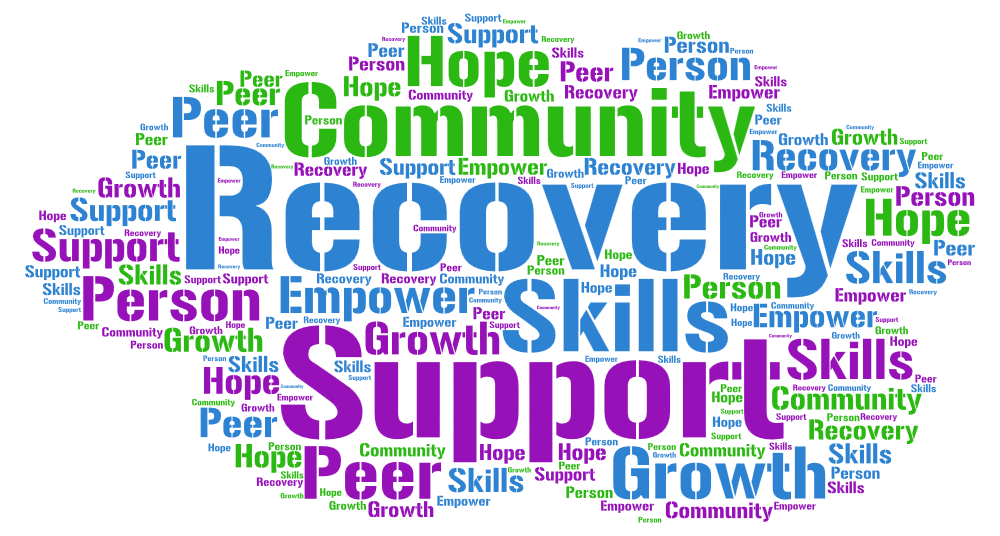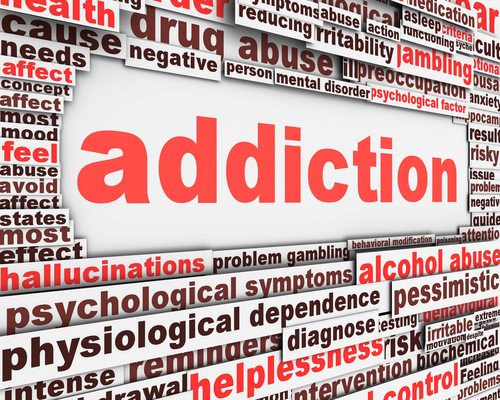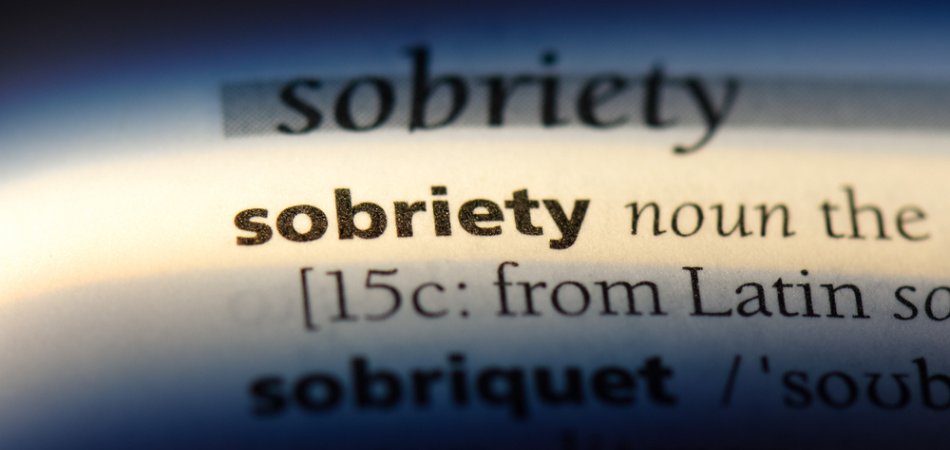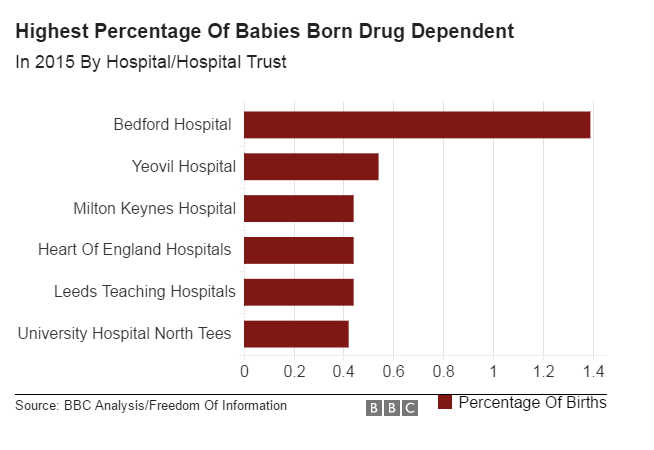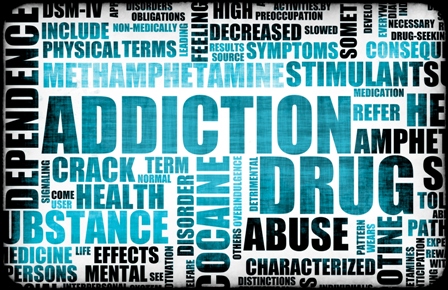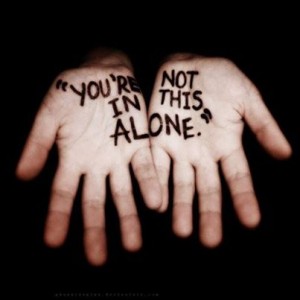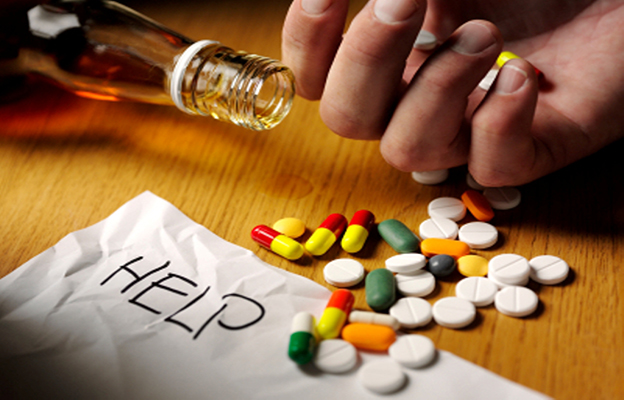
Written by:

Medically Reviewed by:
Last Updated:
January 15th, 2025
Addiction | Types, Symptoms and Effects
- Select
- Addiction
- Detox
- Rehab Treatment
Addiction can feel like being trapped in a maze with no clear way out. It can consume your thoughts and actions, leading to negative consequences in all areas of your life. Addiction can affect anyone, regardless of age, gender, race or socioeconomic status. If you’re reading this, it’s likely that you or someone you know is struggling with addiction. At Recovery Lighthouse, we understand just how tough living with addiction can be but we assure you that there is hope. With the right guidance and support, it is possible to break free from addiction and regain control of your life.
What is addiction?
Addiction is a chronic condition which affects tens of millions of people around the world. It usually develops due to repeated stimuli (substance use or enjoyable behaviours) triggering the reward systems in the brain. Eventually, this causes changes in the brain whereby you need more of the stimulating substances or behaviour to achieve the same effects. This is known as tolerance.
Dependence can then develop, which is a physical need for the substance or behaviour and leads to cravings and withdrawal symptoms when you try to stop. Addiction is the final stage of the process and is characterised by the inability to control the behaviour or substance use despite negative consequences.
Common types of addiction
There are various types of addiction which affect people around the UK with some of the most common including:
Alcohol addiction
Learn more about the signs, symptoms and effects of an alcohol addiction.
Behavioural addictions
Learn more about the signs, symptoms and effects of behavioural addictions.
Drug addiction
Learn more about the signs, symptoms and effects of a drug addiction. Click below to learn more.
Prescription drug addiction
Learn more about the signs, symptoms and effects of a prescription drug addiction.
Do I have an addiction?
It can be difficult to know if you have an addiction because the condition will try to deceive you into thinking there is no issue. However, here are some questions to ask yourself which can help you spot the signs of addiction:
- Have you tried to quit using the substance or engaging in the behaviour but failed?
- Do you engage in the behaviour or use the substance to cope with stress or negative emotions?
- Have you built up a tolerance to the substance or behaviour?
- Do you experience withdrawal symptoms when you try to quit using the substance or engage in the behaviour?
- Have you given up activities that you used to enjoy in favour of using the substance or engaging in the behaviour?
- Have you continued to use the substance or engaged in the behaviour despite negative consequences?
If you answered yes to any of these questions, it may indicate symptoms of addiction which require professional help.
What are the underlying causes of addiction?
The underlying causes of addiction can be complex and multifaceted, involving a combination of biological, psychological, and environmental factors. These include:
- Mental health issues: Many people with addiction also have underlying mental health issues, such as depression or anxiety. They develop an addiction as a result of using addictive substances or behaviours as a coping mechanism to deal with these underlying issues.
- Unresolved trauma: Trauma, such as physical or emotional abuse, can also contribute to the development of addiction as substances and behaviours can be used to temporarily escape unpleasant memories, thoughts or feelings.
- Early exposure: Exposure to addictive substances or behaviours at a young age can alter brain chemistry and increase the risk of addiction later in life.
- Genetic predisposition: Genetics can also play a role in addiction as some individuals may be more genetically predisposed to addiction than others. This is why many people with addictions have parents or other close family members with similar issues.
- Stressful life events: Issues such as job loss, divorce or financial difficulties can also contribute to addiction as people turn to substances or addictive behaviours as a means of coping.
- Easy access to addictive substances: This can also increase the risk of addiction as it makes excessive substance abuse easier.
- Poverty, high levels of crime and other socioeconomic issues: These have often been linked to instances of substance abuse and some addictive behaviours due to adverse trauma and daily stress.
What are the health effects of addiction?
The health effects of addiction depend on the substance. However, some general effects of addiction include:
- Physical harm to the body: Addiction to substances like alcohol, tobacco, opioids, and other drugs can cause significant harm to the body, including damage to the heart, liver, lungs and other organs.
- Mental health problems: Addiction can lead to or worsen mental health problems such as anxiety, depression and psychosis.
- Impaired cognitive function: Addiction can also impair a person’s ability to think, concentrate and make sound decisions.
- Increased risk of infectious diseases: Injection drug use can increase the risk of contracting infectious diseases such as HIV/AIDS and hepatitis B and C.
It’s important to note that the longer the addiction goes untreated, the more severe the health consequences can become.
Addiction also increases the risk of overdose, which can lead to permanent damage to the body or even death. An overdose occurs when someone uses too much of a substance, resulting in a dangerous or potentially life-threatening reaction. Many addictive substances carry the risk of an overdose with signs that can include:
- Unconsciousness
- Difficulty breathing
- Chest pain
- Seizures
- Confusion
If you suspect someone has overdosed, it’s important to call emergency services immediately and explain exactly what they have taken.
What are the effects of addiction on your life?
The impact of addiction can also extend beyond your health to every other area of life.
- Addiction can create tension and distance in relationships with loved ones, leaving individuals feeling isolated and lonely.
- In the workplace, addiction can cause job loss, decreased work performance and difficulty finding employment.
- Addiction can interfere with academic performance, leading to dropping out of school and limiting future opportunities.
- The financial cost of addiction can be substantial, resulting in financial struggles and debt.
- Addiction can lead to legal problems such as arrests and incarceration, further compounding the negative impact on a person’s life.
All of these are major reasons why help for addiction should be sought as soon as possible.
How is addiction treated?
Fortunately, addiction is a treatable condition if you are ready and willing to make the necessary changes in your life. Treatment typically involves a combination of:
- Detox – This involves clearing the body of the addictive substance in order to break the physical dependence, allow the chemical levels in your brain to reset and give your body a chance to heal.
- Rehab – This is the process of addressing the underlying causes of addiction and developing coping skills to prevent relapse.
- Aftercare – This is ongoing support which can help you maintain sobriety and prevent relapse going forward.
Recovery Lighthouse provides all three of these stages for a wide range of addictions so get in touch today to find out more.
What to do if you suspect a loved one has an addiction
If you suspect that a loved one is struggling with addiction, it can be a challenging and overwhelming situation to navigate. However, there are steps you can take to support your loved one and help them get the help they need. Here are some tips to keep in mind:
Educate yourself
Learn as much about addiction as you can, including the signs and symptoms and the different recovery options available.
Approach the conversation with compassion
Talk to your loved one in a non-judgmental, caring way. Express your concerns and offer your support.
Encourage professional help
Suggest that your loved one seek help from a medical or addiction professional; show them this page or offer to help them find resources.
Set boundaries
Set clear boundaries with your loved one, such as refusing to enable their addictive behaviour or engaging in codependent behaviours.
Take care of yourself
Supporting a loved one with addiction can be emotionally taxing, so make sure to take care of your own physical and mental health needs.
Attend family therapy
Consider attending therapy or support groups with your loved one to work through issues and learn how to better support them.
Remember that addiction is a complex issue, and recovery is a journey. By being patient, supportive, and compassionate, you can play a critical role in helping your loved one overcome addiction and rebuild their life.
How to get help for addiction
If you or a loved one is struggling with addiction, it’s important to seek help as soon as possible. At Recovery Lighthouse, our team of addiction and medical professionals can provide the support and resources needed to overcome addiction and achieve lasting recovery. Contact us today to learn more about our programmes and services.




